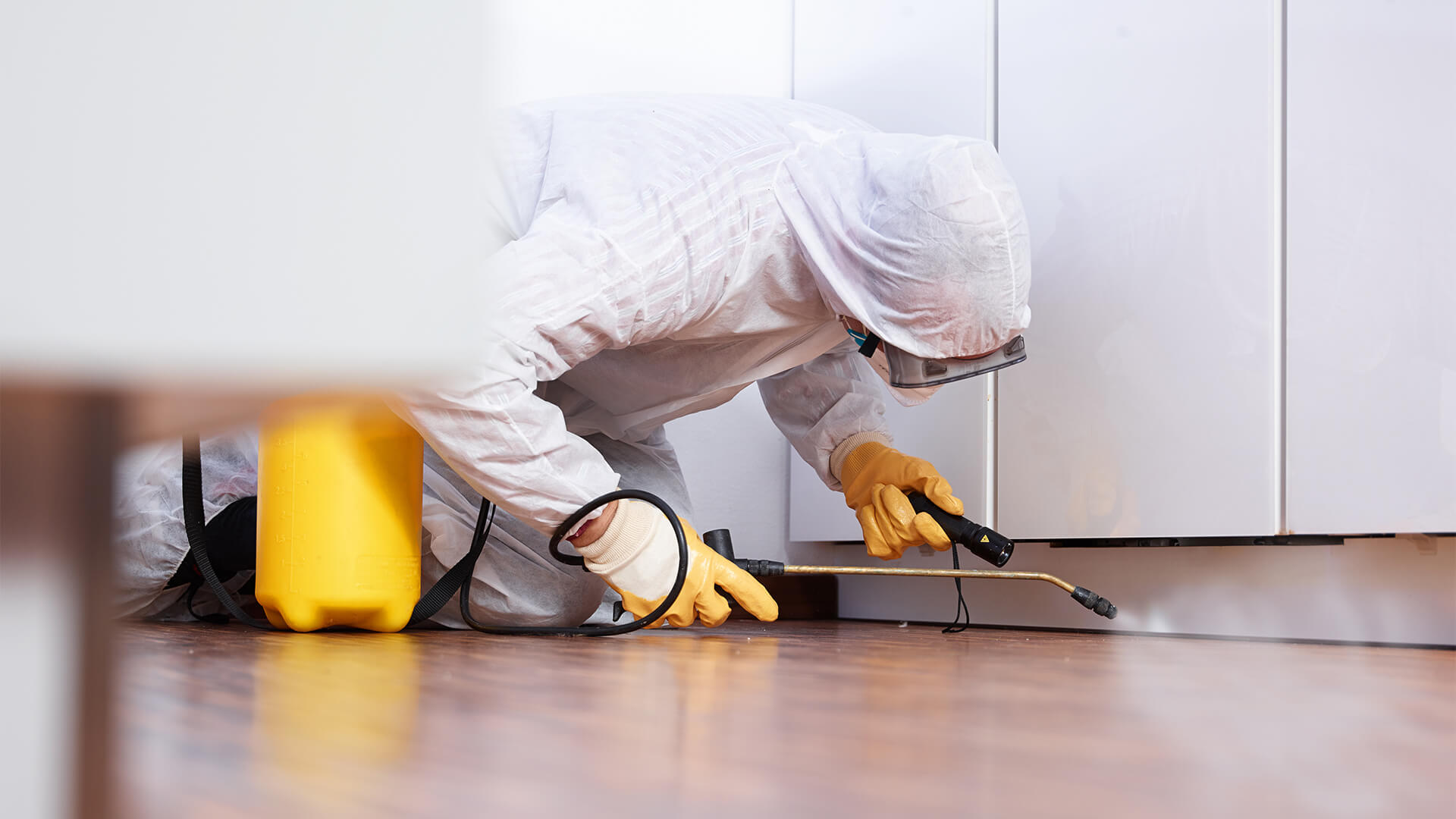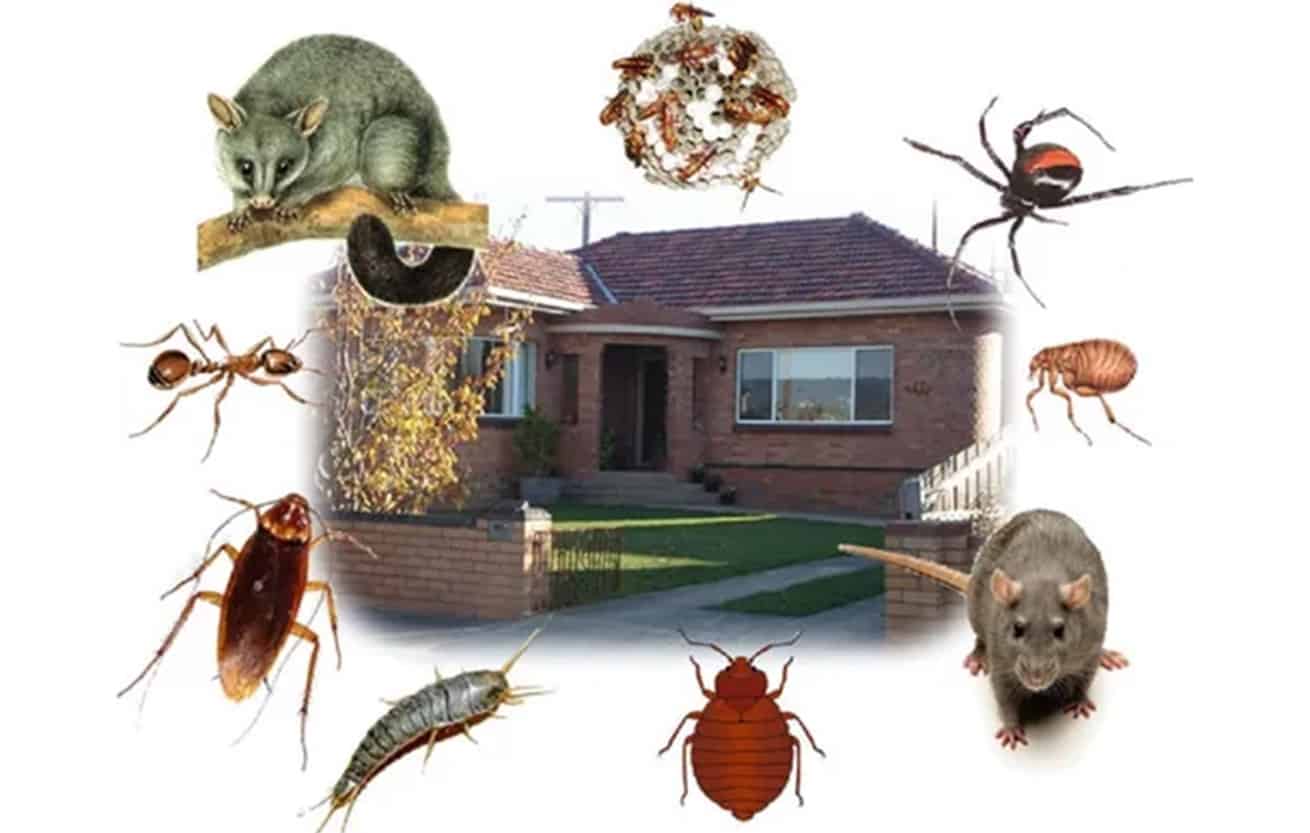Advanced Parasite Control Techniques for Optimum Efficiency
In the realm of insect control, the evolution of sophisticated strategies has actually dramatically changed the means we deal with undesirable intruders. From Integrated Insect Monitoring approaches that emphasize avoidance to innovative High-Tech Monitoring Equipments that give real-time data, the toolbox of devices readily available to pest control experts is constantly increasing.
Integrated Insect Monitoring (IPM)

One key facet of IPM is identifying and keeping an eye on pest populaces to comprehend their actions and potential dangers. By closely keeping an eye on pest degrees, interventions can be carried out at one of the most tactical times, optimizing effectiveness while reducing the requirement for substantial chemical treatments. Additionally, IPM prioritizes using non-chemical control methods such as environment alteration, exclusion, and biological control agents to handle insects in a lasting fashion.
Additionally, IPM advertises positive actions like keeping proper sanitation techniques, securing entrance points, and executing pest-resistant landscaping to avoid problems before they take place. By emphasizing prevention and making use of a mix of control methods, Integrated Pest Monitoring offers a extensive and eco liable method to pest control.
Biological Control Techniques
Building upon the foundation of Integrated Parasite Administration, Biological Control Techniques use a natural and sustainable method to taking care of pest populations by using the power of living microorganisms to control pest numbers. This method entails the introduction of natural adversaries, such as parasites, pathogens, and predators, to regulate pest populations and reduce their influence on plants or frameworks. One common example of biological control is using ladybugs to manage aphids in farming settings.
Organic control approaches are preferred by several because of their eco-friendly nature, as they reduce the reliance on chemical pesticides that might have unsafe results on non-target microorganisms and the community. Furthermore, biological control can be an economical long-term remedy, as the natural enemies presented can develop populations and offer ongoing bug control.
Nonetheless, effective implementation of organic control techniques calls for mindful consideration of aspects such as the compatibility of the natural enemies with the setting, the target parasite varieties, and the potential influence on useful microorganisms. Proper monitoring and analysis are vital to guarantee the performance of biological control approaches.
Advanced Chemical Treatments
Making use of advanced chemical formulations, progressed chemical therapies represent an innovative method to pest control, using efficient solutions for targeted pest monitoring. These therapies involve the application of potent chemicals designed to remove pests successfully and quickly. Advanced chemical therapies are thoroughly created to target particular pests while decreasing environmental impact and making certain human and pet safety and security.
One trick facet of advanced chemical therapies is their capability to interrupt pest life process, protecting against recreation and populace growth. By targeting pests at various stages of advancement, these treatments can give durable pest control options. In addition, innovative chemical formulations commonly have residual effects, offering prolonged security against repeating insect problems.
Integrated Pest Management (IPM) methods often integrate sophisticated chemical treatments as part of an extensive insect control strategy. When made use of together with various other bug control techniques, such as physical obstacles or organic controls, advanced chemical treatments can boost the general effectiveness of insect management initiatives.
It is important to seek advice from with bug control specialists when taking into consideration sophisticated chemical therapies to ensure proper application and adherence to security guidelines. Correct training and knowledge are essential to take full advantage of the advantages of these sophisticated insect control options.
High-Tech Surveillance Solution
Advanced chemical treatments pave the means for sophisticated parasite control approaches that can be complemented by state-of-the-art tracking systems to improve precision and efficacy in insect monitoring. Modern surveillance systems provide real-time information collection and analysis, enabling pest control professionals to make educated decisions quickly. These systems utilize advanced sensing units, cameras, and data handling algorithms to find pest activity precisely and my website keep track of modifications in infestation degrees.

Eco-Friendly Pest Solutions

One typical environmentally friendly bug control approach is organic control, which involves presenting natural killers, bloodsuckers, or microorganisms to regulate pest populaces. By harnessing the power of natural enemies, this technique can assist keep a well balanced ecological community without the need for dangerous chemicals. pest control fresno. Additionally, social techniques such as crop hygiene, environment, and turning modification can aid decrease pest problems by producing negative conditions for pests to prosper
Integrated Pest Management (IPM) is one more crucial technique that incorporates different green strategies to take care of parasites efficiently while a knockout post lessening ecological effect. By integrating methods such as organic control, environment adjustment, and monitoring systems, IPM supplies a thorough and lasting approach to pest control. Overall, the adoption of eco-friendly insect options is important in advertising a healthier environment like this and ensuring lasting bug monitoring success.
Verdict
Finally, advanced pest control strategies such as Integrated Bug Management, Biological Control Methods, Advanced Chemical Treatments, High-Tech Keeping An Eye On Solutions, and Eco-Friendly Insect Solutions supply maximum efficiency in taking care of parasite problems. By using a combination of these approaches, pest control experts can efficiently reduce insect populations while reducing ecological effect and ensuring lasting sustainability. pest control fresno. These advanced strategies offer a thorough approach to pest administration that is both ecologically accountable and effective
Structure upon the structure of Integrated Pest Monitoring, Biological Control Approaches use a natural and lasting approach to handling parasite populaces by utilizing the power of living microorganisms to control pest numbers.Making use of innovative chemical solutions, advanced chemical therapies stand for a sophisticated method to pest control, using effective remedies for targeted parasite management.Advanced chemical treatments lead the means for innovative pest control approaches that can be enhanced by sophisticated tracking systems to boost precision and efficacy in insect management.One usual environment-friendly bug control approach is organic control, which involves presenting all-natural predators, bloodsuckers, or microorganisms to control pest populations.In verdict, advanced pest control strategies such as Integrated Parasite Administration, Biological Control Methods, Advanced Chemical Treatments, High-Tech Keeping Track Of Systems, and Eco-Friendly Parasite Solutions supply optimum effectiveness in managing pest invasions.